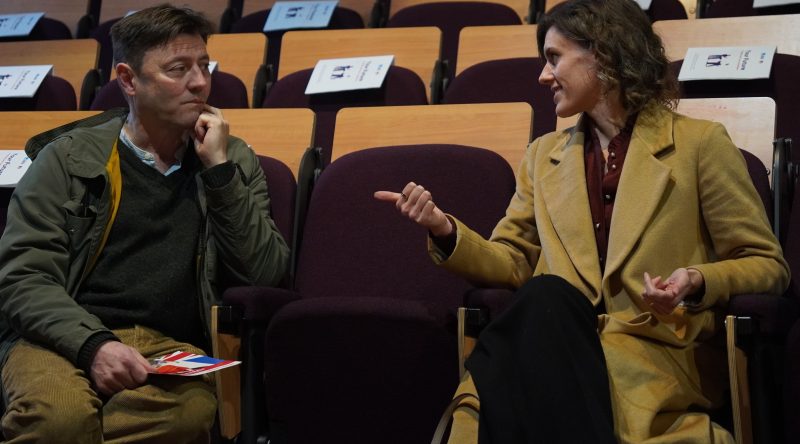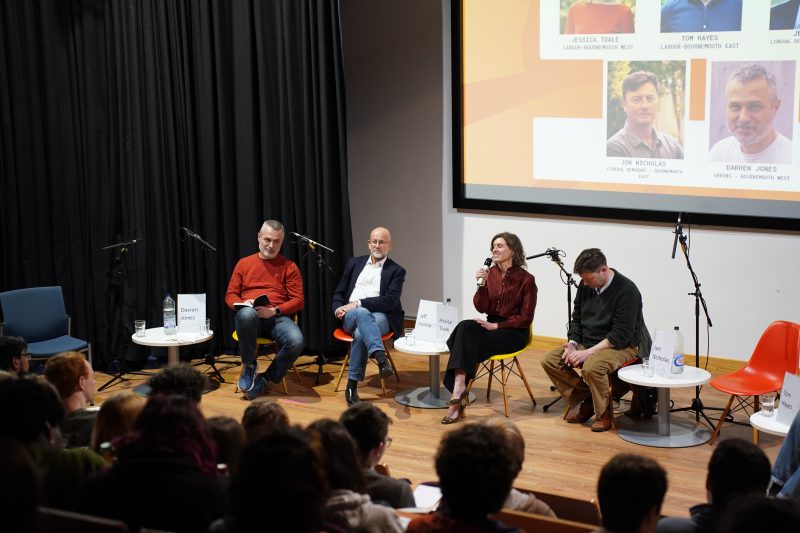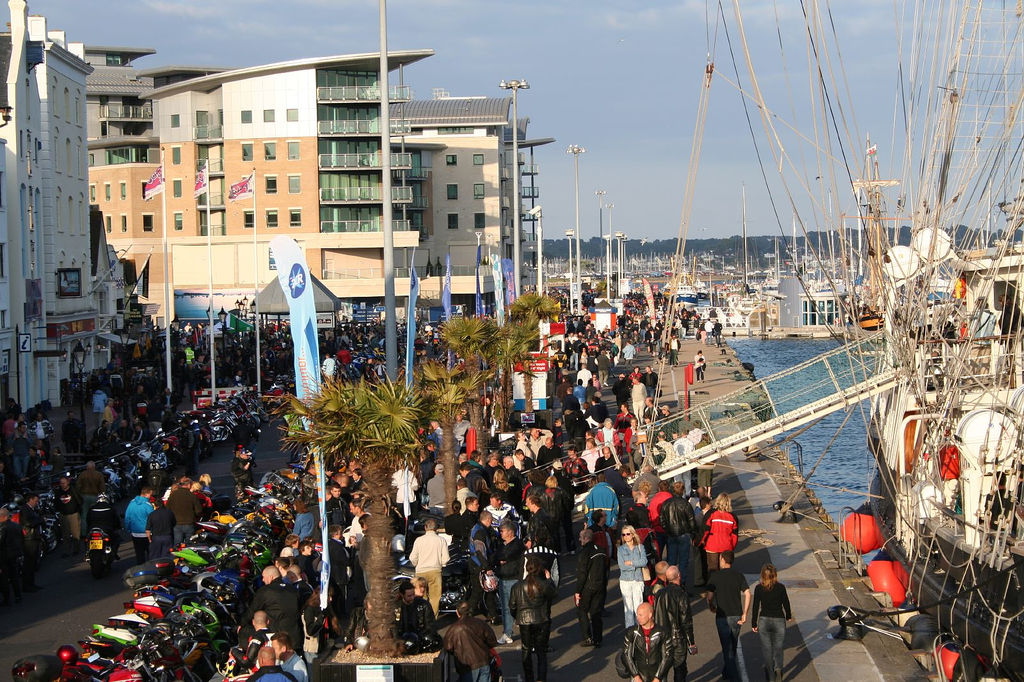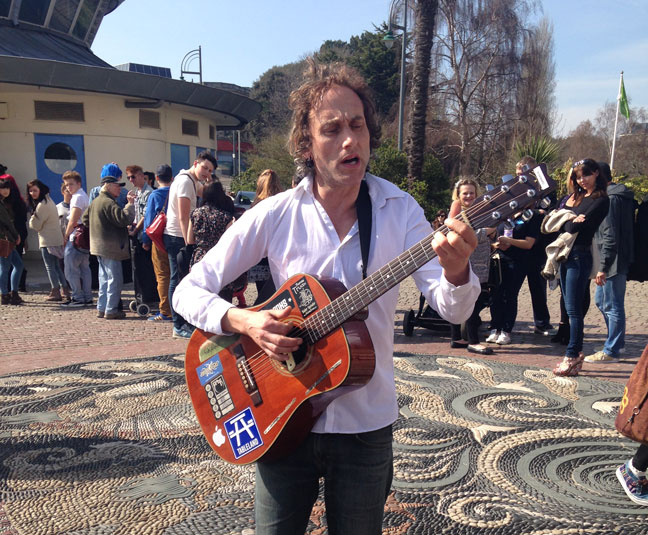A demand for equitable treatment of international students was debated by candidates vying for parliamentary seats from Bournemouth constituencies last evening.
Contestants from Labour, Liberal Democrats, and the Green Party underlined the need for a more considerate approach to overseas students at an election debate organised by the Students’ Union at Bournemouth University (SUBU).
“We value International students and we want you to stay,” said Liberal Democrat candidate Jeff Hanna, who questioned the “twisted” logic behind the overseas study visa restrictions introduced by the UK government. “I don’t understand why the government has restricted work visas whilst you are studying here.”
Hanna pointed out that international students contributed £40bn to the UK economy. That broke down to £58m per constituency, he said, arguing that students should be allowed to stay longer after they graduated.
The Lib Dem candidate was speaking at an event moderated by SUBU President Chike Dike and Professor Einar Thorsen of Bournemouth University. Besides Hanna, Jessica Toale (Labour), Tom Hayes (Labour), Jon Nicholas (Lib Dem) and Darren Jones (Green Party) took part in the debate.
Conservative representatives were not present at the event. Professor Thorsen said this was because of “other constituency commitments”.
Hanna’s comments on the contributions made by international students were in response to Dike pointing out that despite their paying higher students fees, international students had no recourse to public funds and faced an unwelcome environment, including inequitable work restrictions.
Labour candidate Jessica Toale said overseas students were part of UK’s soft power, a “massive USP”. “We are in a global race for talent, for skills,” she said. “How do we attract the best and brightest minds from around the world to the UK when we are competing with other nations like US, like China? We should be as welcoming as possible to people who want to come and contribute.”

Green Party’s Darren Jones said his party would strive to ensure that international students were charged fees at a “realistic rate”, and work to bring greater fairness to them. Jon Nicholas, the Lib Dem candidate, agreed, calling for “fairness and equality at every level”.
Tom Hayes, Labour’s candidate for Bournemouth East, spoke of the need to counter the narrative that “there are some people who are not supposed to be here”. He related the impositions on international students to the larger question of how UK universities are funded, and said a Labour policy would make sure that higher education is “fully funded and fully costed”.
The event also saw discussions on the cost-of-living crisis and how that’s exacerbating the wellbeing issues among many university students.
Presented with the sobering statistic by Dike that 97 per cent of BU students were worried about the rise of living costs, with many reporting extreme emotional distress, and asked what measures would be taken if elected, Hayes said a Labour government would work to ease the day-to-day costs faced by students. He quickly added a caution, however, pointing to the state of the UK economy.
“There will not be quick solutions,” Hayes said. “There will be that longer job that has to take place.”
Jon Nicholas, the Liberal Democrat candidate for Bournemouth East, agreed. “It will take a collective effort to sort this mess out,” he said. “We need more than one party. We need to take collective responsibility and share ideas, and avoid the insane absolutism which is making people queue at food banks.”
Asked how they would address mental health issues, Jones said “removing the stigma around mental health” would be a key step for Green Party, while Hanna said there was a shortage of counsellors, which needs to be sorted.
Toale said: “Labour wants to treat mental health like physical health. [We want to] train and hire 8,500 health specialists. What this would mean is shift the burden of mental health to early intervention, into the communities. We want to set specialists and we want to set up mental health hubs — for 11-24 to get specialist support when they need it. We want to see this provision in primary schools.”
Nicholas said mental health needs to be addressed “top down and bottom up”. Speaking of the need for “shared spaces” as an antidote for isolation and loneliness, he called for spending “time and energy working towards participation, engagement, and involvement”.








